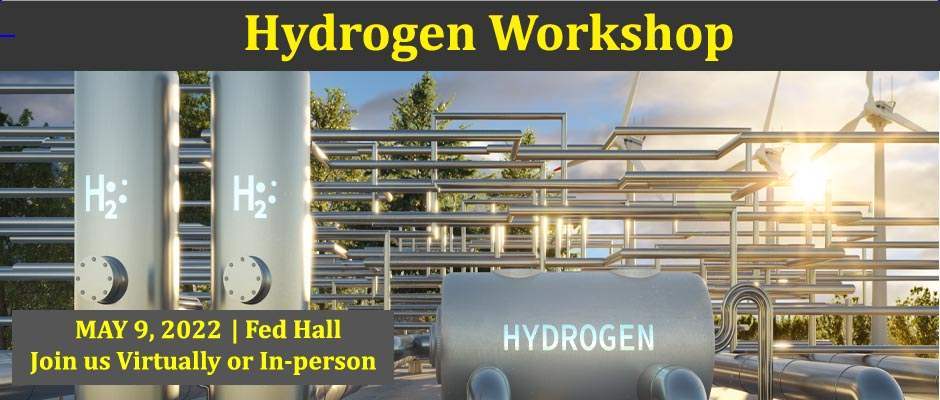
The hydrogen and fuel cell industry has made significant advances in the past decade. The need for multi-megawatt fuel cell systems for electricity generation and utility-scale grid support applications is on the rise. Hydrogen can be produced using a variety of clean and renewable energy resources including biomass, hydro, wind, solar, nuclear, geothermal, and hydroelectric power to split water. It can also be generated through fossil fuels such as coal with carbon capture, utilization and storage, and natural gas. This diversity makes hydrogen a promising energy carrier and enables hydrogen production everywhere across the globe.
Hydrogen is used in fuel cells to produce electricity by using a chemical reaction as opposed to combustion, which produces water and heat as by-products. Fuel cells can function at higher efficiencies compared to combustion engines. They can convert the chemical energy in the fuel directly to electrical energy with efficiencies greater than 60%. Fuel cells have zero emissions, which addresses the critical climate challenges as there are no carbon dioxide release. In addition, the concept of applying ammonia as a carrier for hydrogen delivery has gained a lot of attention in recent years because ammonia is much easier to liquify than hydrogen. Therefore, it can be easily stored and used for transportation.
Hydrogen can be stored in either a gas or liquid form. Storage as a gas usually requires high-pressure tanks whereas storage as a liquid requires cryogenic temperatures due to the boiling point of hydrogen at one atmosphere pressure is below −252°C. Hydrogen can also be stored on the surfaces of solids via the adsorption method or within solids via the absorption method.
The Waterloo Institute for Sustainable Energy (WISE) at the University of Waterloo (UW) is hosting a hydrogen workshop comprising speakers from academia, private sector, government agencies, and not-for-profit organizations.
The workshop brings together an executive forum intended to encourage the exchange of ideas that will help create a roadmap to guide the future of green hydrogen and energy storage research in Canada. The workshop focus is on collaboration in hydrogen research, the exploration of opportunities for partnership, and the integration of efforts across stakeholder groups.
The event will engage experts from engineering, social science, policy and economics, facilitating new network connections to create important insights and ideas on the future of hydrogen. We anticipate inspired, wide-ranging discussions on all hydrogen related matters, from evidence-based decision making and policy planning to reduction of greenhouse gas (GHG) emissions and full-scale commercialization of fuel cells and hydrogen storage in the energy and transportation sector.
Agenda
| 8:30am - 9:00am | Registration and Coffee & Networking |
| 9:00am - 9:15am | Opening Remarks by Prof. Claudio Canizares (Executive Director, WISE) |
| 9:15am - 9:45am | Opening Keynote Speaker Robert Stasko (Executive Director and COO, Hydrogen Business Council (HBC)) |
| 9:45am - 10:45am | Panel 1: Fuel Cells and Future of Sustainable Mobility Moderator: Richard Jackson(Fellow, Geofirma Engineering Ltd.)
|
| 10:45am - 11:00am | Break |
| 11:00am - 12:00pm | Panel 1: Q&A and Focus Groups |
| 12:00pm - 1:00pm | Lunch |
| 1:00pm – 2:00pm | Panel 2: Hydrogen and Ammonia Production Moderator: Richard Jackson (Fellow, Geofirma Engineering Ltd.)
|
| 2:00pm – 3:00pm | Panel 2: Q&A and Focus Groups |
| 3:00pm – 3:15pm | Break |
| 3:15pm – 4:15pm | Panel 3: Hydrogen Storage Moderator: Eric Croiset (Professor, Chemical Engineering) | Faculty of Engineering | University of Waterloo
|
| 4:15pm – 5:15pm | Panel 3: Q&A and Focus Groups with hors d'oeuvre |
| 5:15pm – 5:30pm | Closing Remarks and Next Steps |
Bios

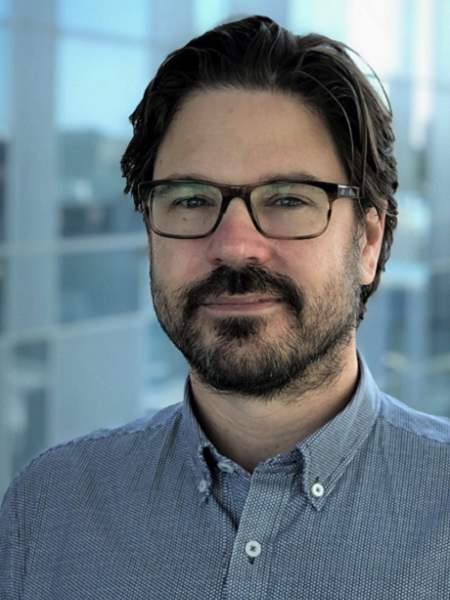 |
Jeff Gostick Associate Professor University of Waterloo Jeff Gostick is currently an Associate Professor in Chemical Engineering at the University of Waterloo. He received his undergraduate degree from Ryerson University in Toronto in 2000 and his Master’s degree from University of Waterloo in 2002. Prior to beginning his PhD, he worked as a Research Engineer at Teck Resources Inc. on the production of zinc powder and fiber for zinc-air flow batteries and large-scale alkaline batteries. |
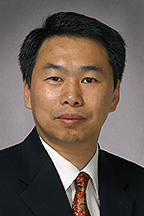 |
Dr. Xianguo Li Professor University of Waterloo Xianguo Li is a Mechanical and Mechatronics Engineering Professor at the University of Waterloo. Professor Li's main research interests and activities are in the area of thermal fluid/science, including energy systems and energy storage, various energy conversion devices, propulsion and power generation systems, aerosol generation and applications, and transportation fuel cell and battery systems. These research projects involve thermodynamics, fluid dynamics, hydrodynamic stability, multiphase flow, heat and mass transfer, liquid atomization and sprays, combustion, power generation and propulsion systems. |
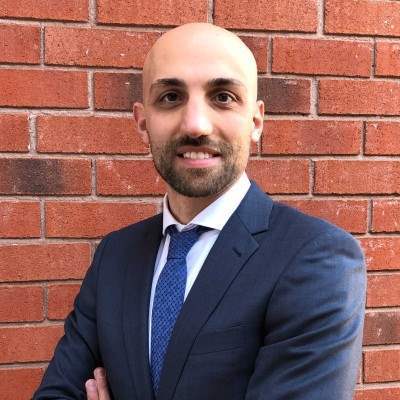 |
Dr. Antimo Graziano Bipolar Plate Composites and Gasket Seals Engineering Specialist, Cummins Inc. Antimo currently works at Cummins-Hydrogenics in Mississauga, Ontario. His role is composites specialist and he focuses on raw material formulation and large scale manufacturing of Fuel Cell Bipolar Plates. With more than 5 years of hands-on experience in polymer composites, he has worked, both independently and in multi-disciplinary teams, on complex and high-pressure projects for researching and developing advanced polymer composites for transportation, energy, and military industrial sectors. Moreover, he has led, supervised, trained, and coached teams of engineers, researchers, and graduate students to facilitate their academic and industrial success, along with their professional development. Antimo holds Bachelor’s and Master’s degrees in Chemical Engineering from the University of Naples, Italy, and a PhD in Materials Science and Engineering from the University of Toronto. As a new PhD graduate, he worked as a post-doctoral research fellow at Carleton University, in Ottawa. Afterwards, he joined Ryerson University, in Toronto, for another post-doctoral research fellowship, before starting his career as a composites specialist at Cummins-Hydrogenics, where has been working for the past 1 year. |
 |
Dr. Samaneh Shahgaldi Associate Professor University of Waterloo Dr. Samaneh Shahgaldi is an Associate Professor and Canada Research Chair Tier II at the University of Quebec à Trois-Rivières and also adjunct associate professor at University of Waterloo. She also worked as a Senior Research Scientist at Cummins/ Hydrogenics dealing with different PEM Fuel Cell and PEM Water electrolyzer projects. She has made foundational contributions to research in synthesis of novel nanomaterials and engineer the surface properties for fuel cells and hydrogen storage applications. She is also directed several R&D projects in the development of next-generation membrane electrode assembly (MEA) and components, shaped catalysts, novel nanofibers and ionomers. She has published more than 45 scientific papers with the citation of 1226 and h index of 21. |

 |
Dr. Michael Fowler Professor, Chemical engineering Faculty of Engineering, University of Waterloo Michael Fowler is a Professor and is cross-appointed to the Department of Mechanical and Mechatronics Engineering at the University of Waterloo. Professor Fowler’s research focuses on electrochemical power sources in vehicles, specifically degradation analysis and control of batteries in hybrid and plug-in hybrid power trains. His interest takes him into the modelling of fuel cells and requires simulating the performance and reliability of fuel cells and batteries. Professor Fowler’s research group is interested in performance evaluation, diagnostics, and forensics associated with fuel cell stacks, single cells and batteries. His study of fuel cell failure mode and reliability also encompasses the extensive development of polymers due to their function as the fuel cells’ electrolyte, gas diffusion layer and blending of polymers for conductive bipolar plates. |
 |
Dr. Ofelia Jianu Associate Professor, Mechanical, Automotive & Materials Engineering, Faculty of Engineering University of Windsor Dr. Jianu is an Assistant Professor of Mechanical Engineering at the University of Windsor in the Department of Mechanical, Automotive and Materials Engineering. Her area of expertise involves energy systems, specifically multiphase chemically reacting flows, hydrogen production, and the thermochemical copper-chlorine cycle for water splitting. She has published over 20 journal and conference papers, involving particle dynamics, dissolution and transport processes for hydrogen production. She is the recipient of the Canadian Foundation for Innovation John R. Evans Leader’s Fund. Dr. Jianu’s research benefits Canada’s efforts in reducing greenhouse gas emissions and support economic growth of clean technology leading to the creation of new jobs, economic incentives for new investment and commercialization opportunities in the clean energy sector. |
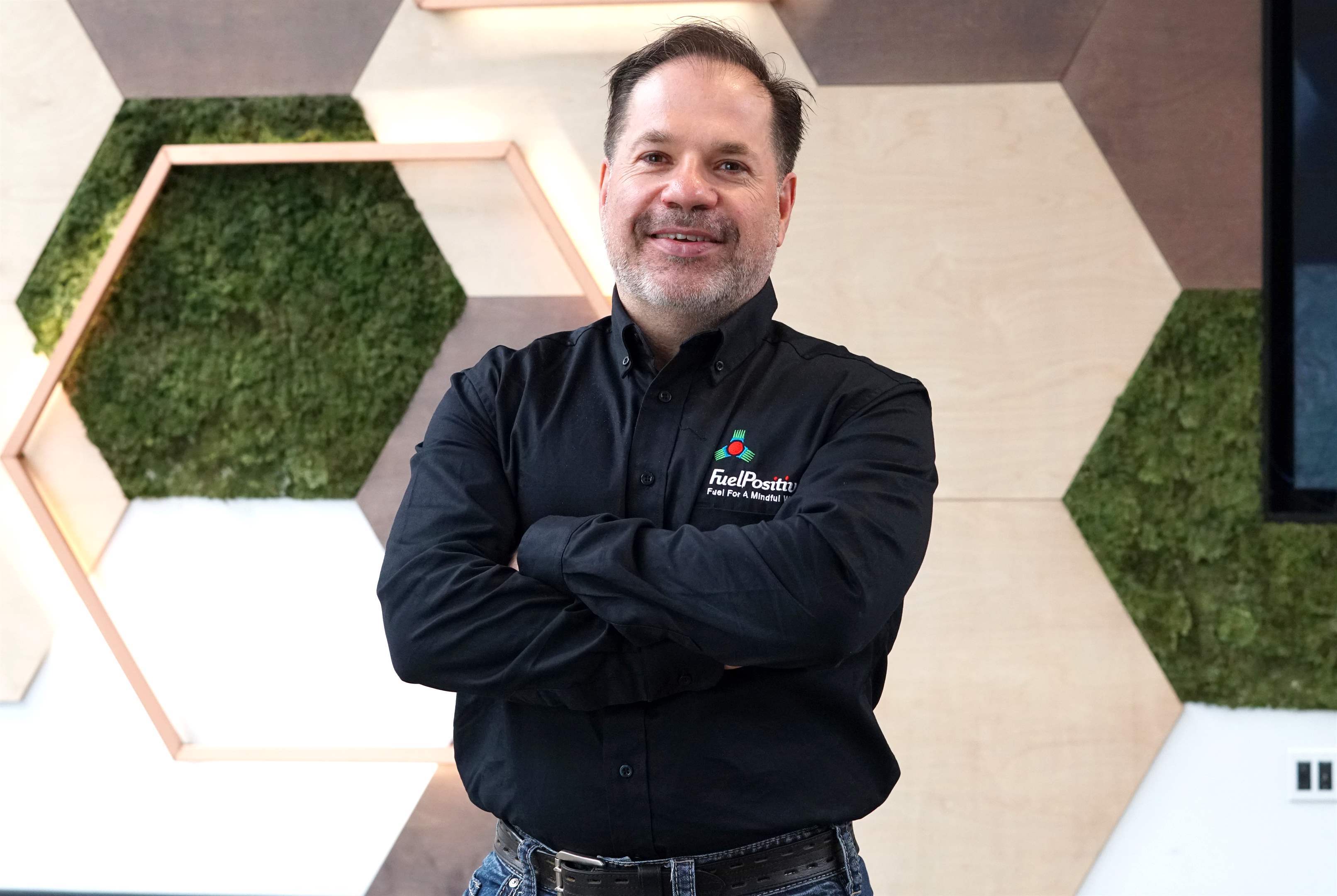 |
Neilson Leite Chief Operating Officer Fuel positive Corporation Nelson Leitte, Chief Operating Officer, is focused on the design, development and production of the FuelPositive prototype units and the future commercialized units. Nelson comes from an engineering and manufacturing background, with over 30 years in the high tech automation and robotics industries. His key transferrable experiences include inventing solutions for companies such as Toyota, Tesla, Kimberly Clark and many more. The size of systems ranged from smaller under $100,000 to large projects over $10 million. Many of the systems are currently in production today at the various facilities around the world. At FuelPositive, Nelson is taking an aggressive approach, driving the commercialization of our systems, along with evolving the technology further with our team of researchers and scientists |
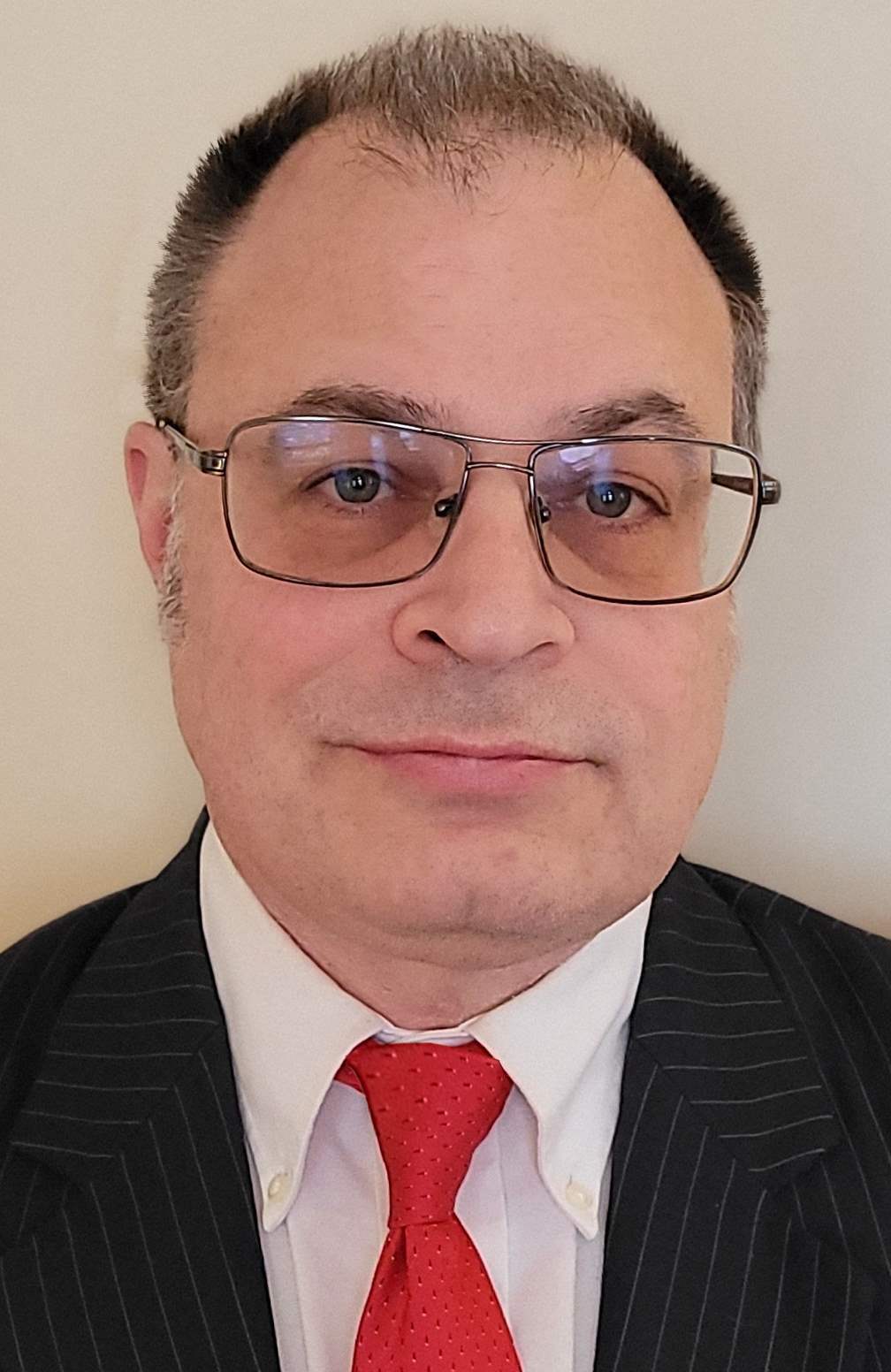 |
John Kutsch Executive Director Thorium Energy Alliance John Kutsch is Executive Director and President of Thorium Energy alliance (501c3 Research Non-profit) & Whole World LLC (engineering company) Engineering partner and co-developer of hydrocarbon free ammonia and steel plans. Mr. Kutsch has managed Green Energy research projects for Excel Energy, in conjunction with NREL, managed commercial Properties, Plant and Equipment Optimization programs for an ADM Marathon Oil advanced-design Ethanol facility, lead programs on Nuclear Process Heat Techno economic analysis of nuclear Hydrogen, nuclear liquid fuels, Nuclear Hydrogen and Heat derived Ammonia with Idaho National Laboratory. Mr Kutsch lead Commercialization study of Sulphur Acid Hydrogen Project with INL, Sandia Labs & Southern Company, Fuel Salts characterization studies at Argonne National Laboratory and the University of Wisconsin Madison. He was a founder of Terrestrial Energy Inc and developed Nuclear Molten Salt Reactor designs, assisted Characterization and Properties studies with Oak Ridge National Laboratory Thorium Energy Alliance (TEA) has been the main supporter and managed the American Nuclear Society ANS 20.2 Definition Writing Program to define Molten Salt Reactors and their Design and Safety Requirements. TEA is the world leader in promoting industrial material uses for Thorium beyond uses as a fuel. Mr. Kutsch has worked on critical material supply chains, advanced nuclear issues and various industrial projects with Mr. Kennedy for over a decade. |

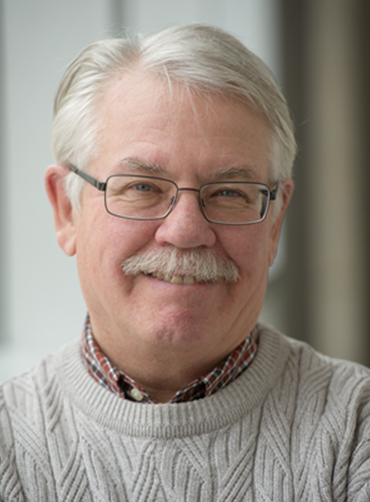 |
Dr. Maurice Dusseault Maurice B Dusseault is a professor of Geological Engineering in the Earth and Environmental Sciences Department, University of Waterloo, Waterloo, Ontario, Canada. He spent three years as a roughneck and drilling mud technician prior to completing his BSc (1971) and PhD (1977). From 1977 to 1982, he occupied a Research Professor Chair at the University of Alberta funded by the Alberta Oil Sands Technology and Research Authority. During this period, he developed novel skills and broad experience in new production technologies and drilling rock mechanics. In 1982, he became Chairman of the Geological Engineering Program at Waterloo and was Director of the Porous Media Research Institute from 1995 to 2000. |
 |
Dr. XiaoYu Wu Professor, Mechanical and Mechatronics Engineering, Faculty of Engineering University of Waterloo XiaoYu is an Assistant Professor at University of Waterloo. He was a postdoctoral associate in the Department of Mechanical Engineering at Massachusetts Institute of Technology (MIT), where he also obtained his Ph.D. degree. He has published papers in journals such as Progress in Energy and Combustion Science, the Proceedings of the Combustion Institute, AIChE Journal and ChemSusChem. Professor XiaoYu Wu’s research group, Greener Production @ Waterloo combines expertise in thermal science, material engineering and techno-economics to develop sustainable technologies for energy conversion and chemical production. Both experimental and numerical methods will be applied to develop a fundamental understanding of the thermodynamics and kinetics in the processes. |
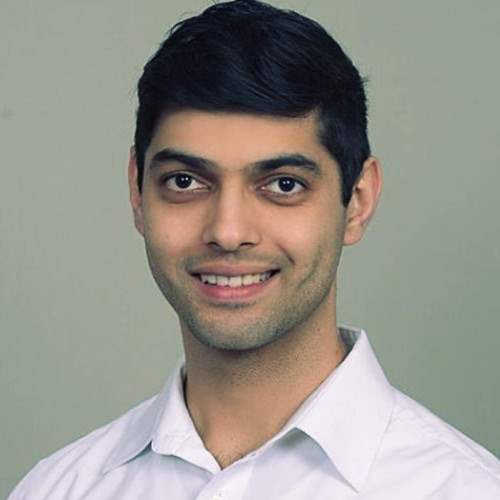 |
Jai Duhan Geo-mechanical Engineer, RESPEC Mr. Duhan has more than 5 years of experience in applying rock-mechanics principles in underground storage and disposal applications. He specializes in emerging energy storage technologies and has worked on multiple projects with industry, government, and academia in solving challenges encountered during underground compressed air energy storage and hydrogen storage in salt caverns and reservoirs. His industrial experience is complemented by graduate research in compressed air energy storage. In addition to underground storage applications, Mr. Duhan is skilled in geological site screening, subsidence evaluation, deep brine disposal, salt cavern solution mining simulation, and mechanical earth model. |
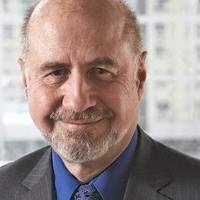 |
Robert Stasko Executive Director and COO Hydrogen Business Council (HBC) Robert is a business development professional with a track record of success in the electricity sector where he has a wide body of experience in Canada. He is also an energy technology specialist who has worked in a wide range of management positions involving energy systems R&D, product development, market assessment and project implementation. He has worked with the Ontario government to assist in the development and delivery of major energy policy and project initiatives. Robert has been responsible for managing energy research and demonstration projects in both national and international environments. Robert is focused on developments in the ‘Clean Technology’ arena and is presently the Executive Director of the Hydrogen Business Council of Canada (HBC). Projects of special interest are those that demonstrate hydrogen technology solutions that will reduce or eliminate the use of fossil fuels as part of a general de-carbonization strategy. |
Themes
Panel 1:
Fuel Cells and Future of Sustainable Mobility
Fuel cells are electrochemical reactors that can transform the chemical energy of a fuel and an oxidant directly to electricity. The terminology of fuel cells is generally used to refer to a reactor using hydrogen as the key source of energy. Fuel cells being a carrier of energy can be used in different transportation applications. Fuel Cell Electric Vehicles (FCEVs) are viewed as a critical pathway to meet the greenhouse gas (GHG) emission reduction goals and decarbonization of energy economy both nationally and globally. Our panel of R&D technologists and business innovators will evaluate the technical and adoption challenges of fuel cells in the transportation sector, prospects for passenger and commercial vehicles, security and sustainability concerns, advancement and political will of the government, and improvement of relevant policies and supporting facilities.
Panel 2:
Hydrogen and Ammonia Production
Green ammonia is created from green hydrogen, and green hydrogen is generated by electrolysis using electricity from renewable sources. Hydrogen is expected to play a significant role in the future of energy and its development will take place sooner than many might imagine. The extensive use of hydrogen is becoming viable with the decrease in costs of green hydrogen. The mass adoption of hydrogen production is expected to happen in the near future as renewable electricity is becoming more abundant and electrolyser costs is decreasing with the economics of scale. Our panel of academic researchers and industry leaders will talk about the R&D&D projects, advancements in the technology infrastructure, and future of hydrogen markets in various industrial applications.
Panel 3:
Hydrogen Storage
The storage and distribution of hydrogen at a grid-scale plays a major role in shaping the future of hydrogen economy. There are applications of specific storage technologies, which found to be beneficial regarding storage density, cost, and safety. They can be categorized into: liquid hydrogen/compressed hydrogen, methanol, ammonia, and dibenzyltoluene. Our panel of engineering and environmental scientists will analyze the technical and economical aspects of hydrogen storage applications. The discussion will focus on the variable costs related to the high-density storage technologies and its correlation with an increasing electricity demand for the storage methods or with an increasing heat demand for the hydrogen release methods. If hydrogen is produced through electrolysis and stored during times of low electricity prices in an industrial setting, these variable costs may become viable both for the producers and customers.
Parking Venue
Hydrogen Workshop will be held in Federation Hall at the University of Waterloo.

Visitor parking is available in Lots N, and W as shown above at a cost of $5.00 per day. Parking in M lot is available at the cost of $6.00 per day. Machines will only take master card or visa. They will not accept Amex, Tim Hortons Visa, or Visa Debit. There are signs on the machine at both the entrance and exit to indicate same. There are help buttons on all machines which will ring into the Parking office.
Contact Parking Services at 519-888-4567 x33100